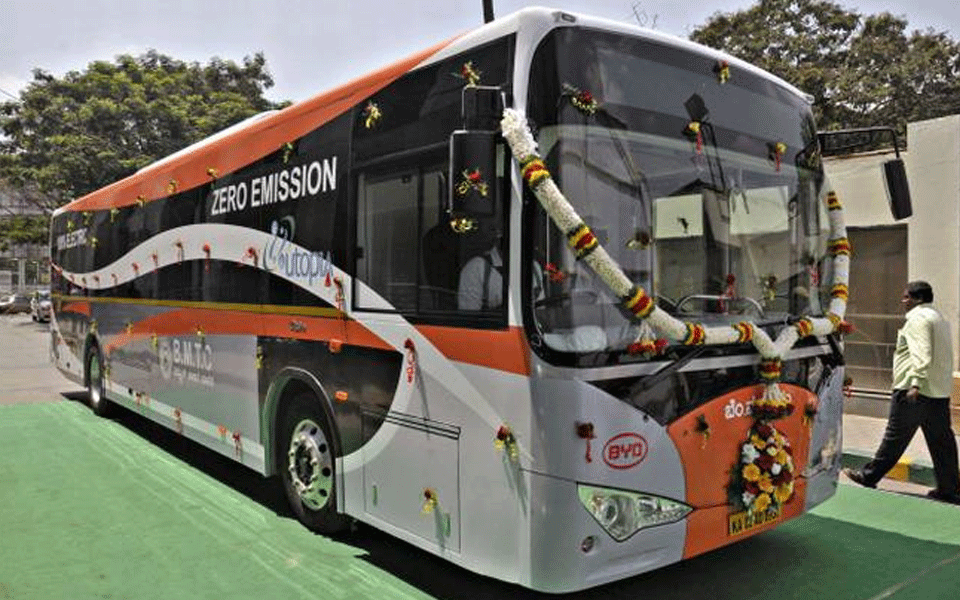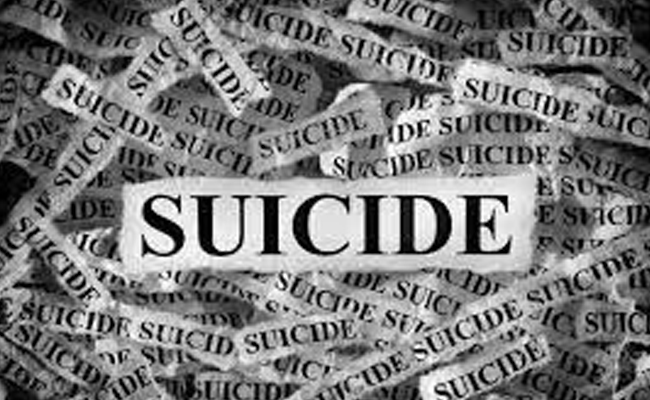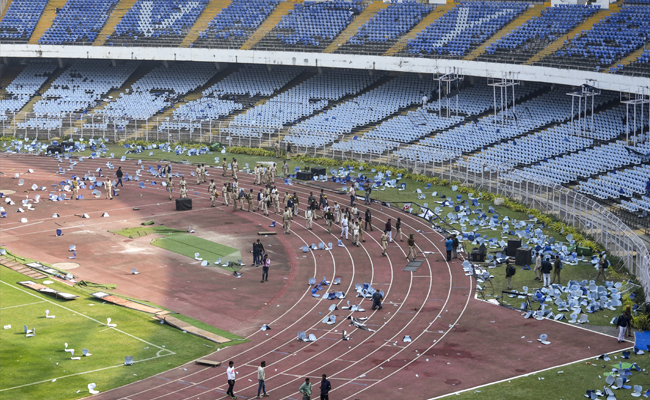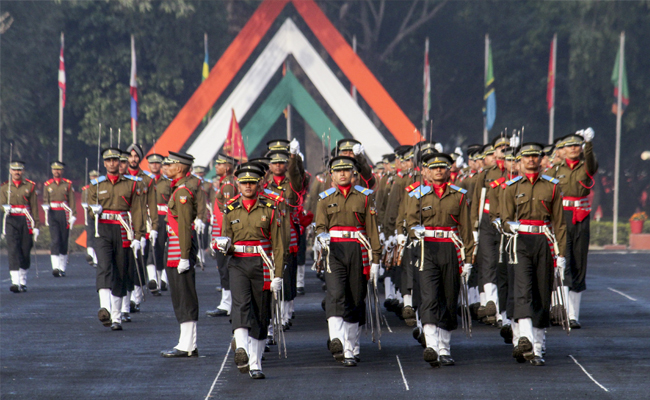Bengaluru, Aug 29 : Karnataka would switch over to battery-driven electric buses in Bengaluru and phase out polluting diesel vehicles for public transport over the next five years, a senior Minister said on Wednesday.
"The move to use battery-driven electric buses is to curb vehicular pollution caused by diesel and reduce operating cost of the state-run public transport," said state Deputy Chief Minister G. Parameshwara at a trade event here.
Noting that the number of private vehicles in the city has shot up 100 per cent to 70 lakh over the last 20 years, the Minister said efficient and frequent electric buses would not only reduce air pollution, but also make more people use them for commuting.
The state-run Bengaluru Metropolitan Transport Corporation (BMTC) operates about 6,500 diesel buses across the city, ferrying about 50 lakh commuters, which is 50 per cent of its over 1-crore population.
"Chief Minister H.D. Kumaraswamy discussed the BMTC plan with officials to replace all buses of the state-run public transport service with electric battery version to reduce depending on polluting fossil fuel and the operation cost," said Parameshwara at the 8th edition of "Busworld India", a bus-cum-coach expo in the city.
Organised by Busworld International at the Bangalore International Exhibition Centre (BIEC) on the city's northern outskirts, the three-day expo is showcasing products, technology, services and solutions of about 120 bus and coach makers, component suppliers and technology providers.
"As the main issue in many countries and cities is congestion and pollution, the expo is the right platform to find solutions to the urban menace," said Busworld President Didier Ramoudt on the occasion.
Leading passenger-cum-freight transport vehicle maker Tata Motors is displaying five new maxi and mini buses for commuter services.
The Hyderabad-based Olectra Greentech has unveiled three new vehicles in partnership with BYD automobile manufacturer in China for public transportation.
Force Motors, BYD, MG Automotive in association with Bharatbenz, Bridgestone, MRF are among the leading OEMs showcasing their electric 12-22 seater buses for public and private transport service.
Overseas exhibitors are from Austria, Belarus, Belguim, China, Germany, Korea and Turkey flagging their latest products and services.
Held every alternate year from 2005 to 2015 in India, the expo shifted to Bengaluru from Mumbai in 2016 in view of the huge response from the stakeholders.
Let the Truth be known. If you read VB and like VB, please be a VB Supporter and Help us deliver the Truth to one and all.
New Delhi (PTI): Police here have busted a crime syndicate involved in traffic fraud and extortion, arresting three people including the alleged mastermind who sold fake stickers to help commercial vehicles bypass no-entry restrictions, an official said on Saturday.
The police said they dismantled a third organised syndicate linked to traffic-related frauds, with the arrest of Rinku Rana alias Bhushan, his associate Sonu Sharma and Mukesh Kumar alias Pakodi, who was also connected to another extortion syndicate.
According to the police, Rinku Rana was running a well-organised network that facilitated the movement of commercial goods vehicles during restricted hours by selling fake 'marka' or stickers for Rs 2,000 to Rs 5,000 per vehicle every month. The stickers were falsely projected as authorisation to evade traffic challans.
During raids, the police recovered Rs 31 lakh in cash, property documents worth several crores of rupees, over 500 fake stickers and six mobile phones allegedly used to operate the syndicate.
The crackdown followed a complaint filed by a traffic police officer in April this year after a commercial vehicle tried to evade checking by producing a fake sticker claiming exemption from enforcement action.
Investigation revealed that social media groups were being used to coordinate the illegal movement of vehicles and alert drivers about traffic police checkpoints, police said.
"A parallel system was being run to cheat drivers and vehicle owners while undermining traffic enforcement. On the basis of evidence, provisions related to organised crime under the BNS were invoked," a senior police officer said.
Sonu Sharma, the police said, managed social media groups through which stickers were sold and real-time alerts were circulated regarding traffic police movement. He also acted as a link between Rana and drivers operating in the field.
In a related development, Mukesh Kumar alias Pakodi, an associate of Rajkumar alias Raju Meena, who was earlier arrested under the Maharashtra Control of Organised Crime Act (MCOCA), was also apprehended.
Mukesh allegedly helped extort money from transporters and was involved in blackmailing traffic police personnel by recording enforcement actions, the police said.
Investigators alleged the syndicate led by Rajkumar deployed drivers to deliberately violate traffic rules and secretly record police officials during challans, later using manipulated videos to extort money under threat of false allegations.
The police said that in total, eight accused belonging to three different organised crime syndicates linked to traffic frauds and extortion have been arrested so far.
Further investigation is underway to trace the remaining members, conduct financial probes, and analyse digital evidence recovered during the raids, officials added.





